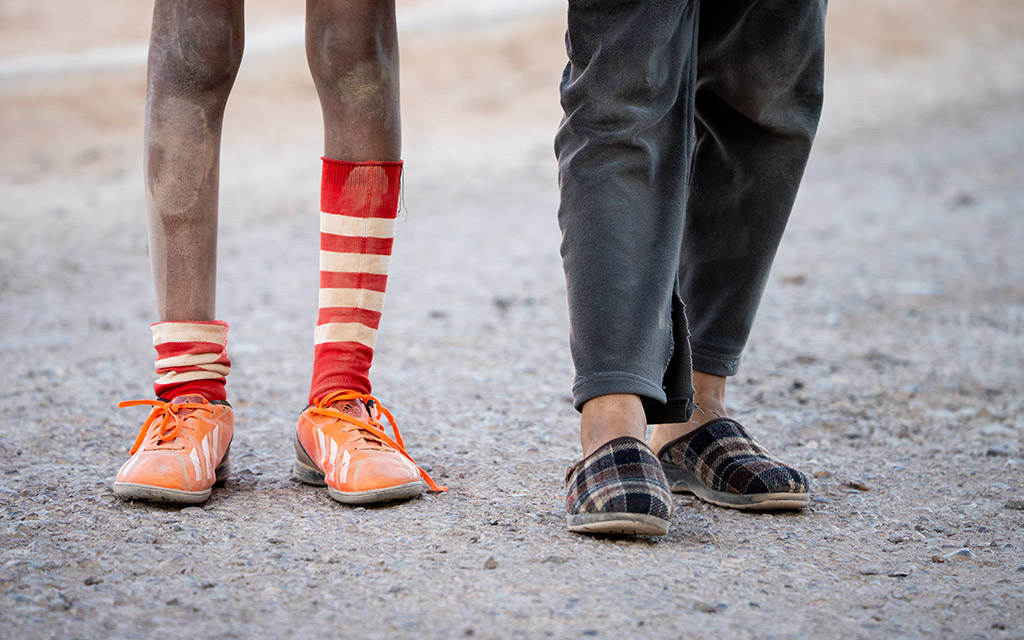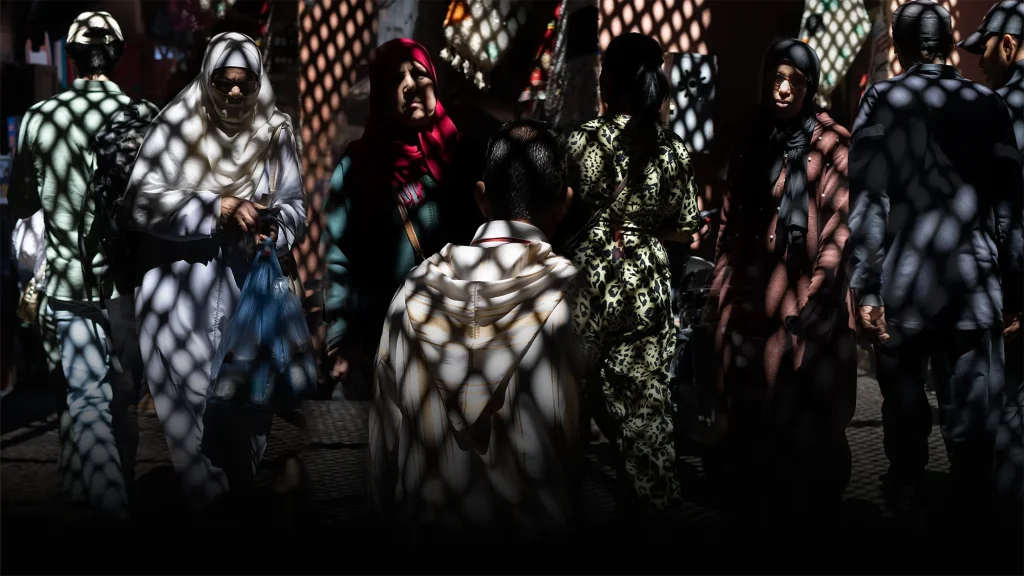The Diversity of Moroccan Footwear: Reflections of Identity and Society
Moroccan photo themes. In the vibrant tapestry of Moroccan society, footwear serves not only as a practical necessity but also as a powerful symbol of identity and social status. From the bustling streets of Marrakech to the remote villages of the Atlas Mountains, the shoes worn by Moroccans reflect a rich tapestry of cultural heritage, economic standing, and personal expression.
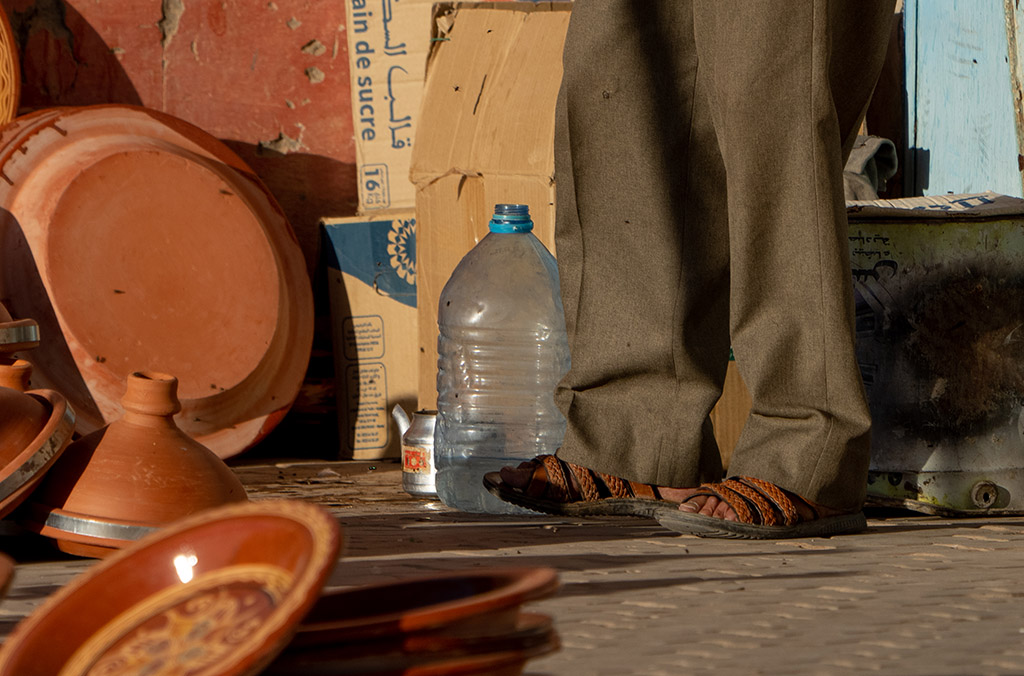
Traditional Moroccan Shoes: Preserving Heritage
At the heart of Moroccan footwear tradition are the iconic babouches, soft, slipper-like shoes crafted from leather or fabric. These traditional shoes, meticulously handmade by skilled artisans, bear intricate patterns and motifs that speak to centuries of craftsmanship and cultural heritage. Wearing babouches often signifies a connection to tradition and a respect for Morocco’s rich cultural legacy.
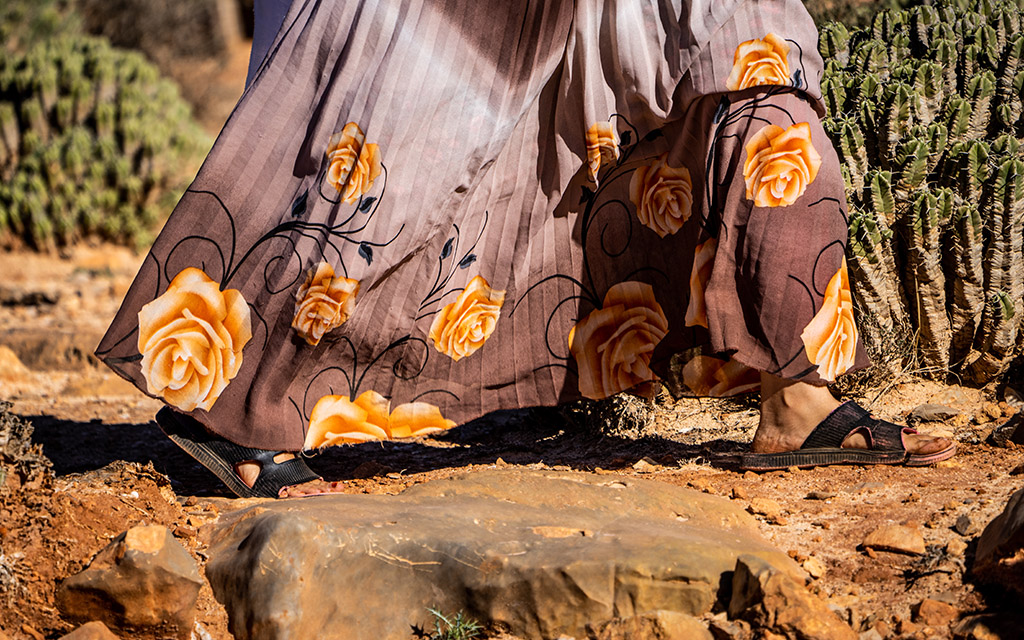
Urban Fashion and Global Influences
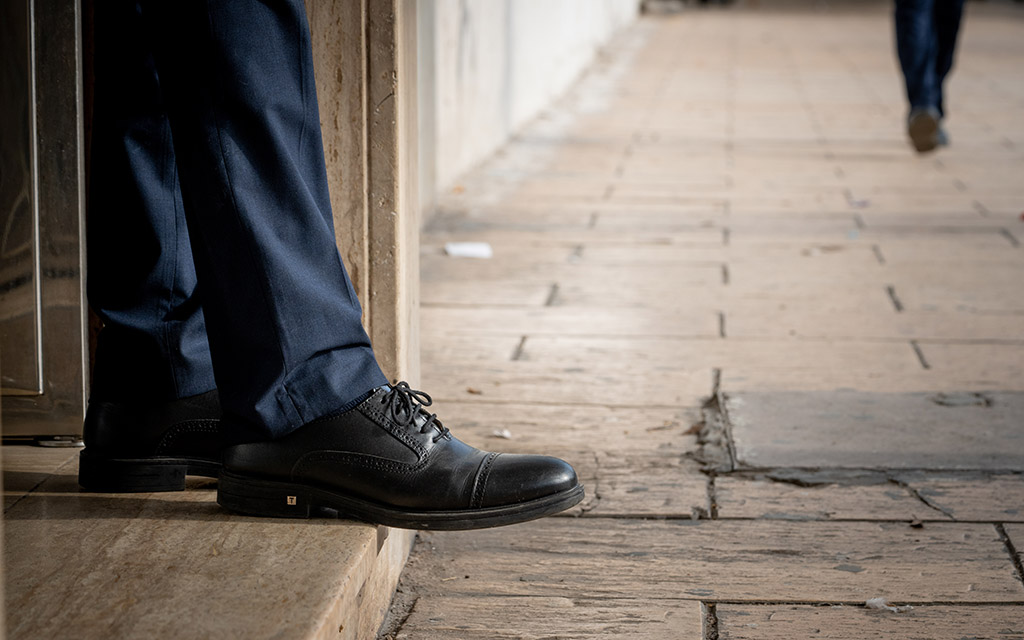
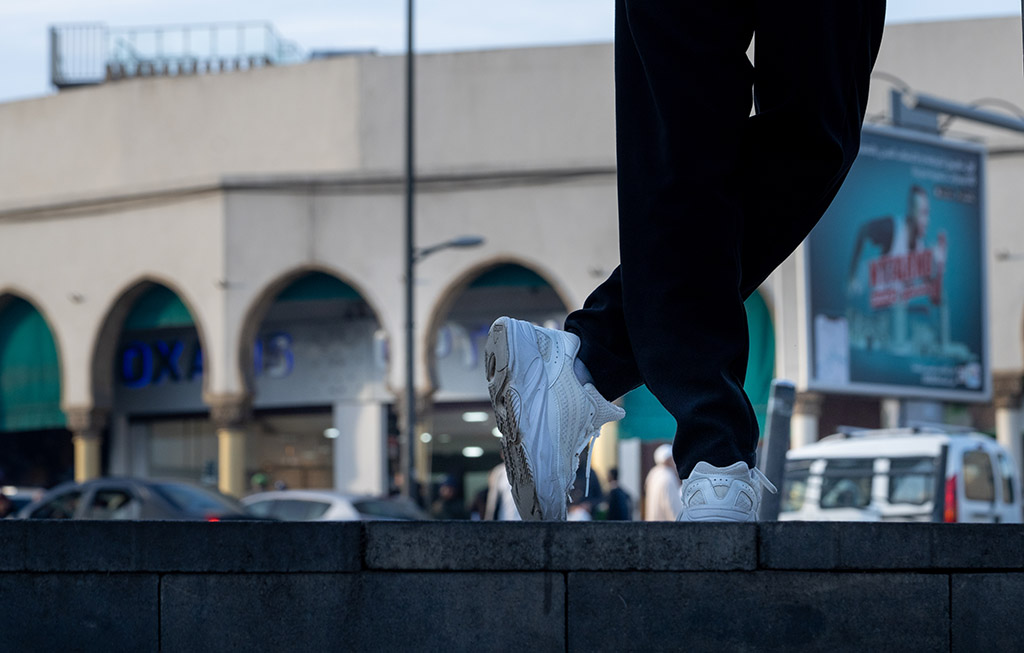
In Morocco’s bustling cities, such as Casablanca and Rabat, one can witness a blend of traditional Moroccan footwear with modern styles influenced by global fashion trends. While babouches remain popular for everyday wear, particularly in more traditional settings, urban dwellers also embrace a diverse range of footwear, including sneakers, loafers, and sandals. The choice of shoes in urban areas often reflects personal taste, fashion trends, and lifestyle preferences.
Socioeconomic Significance of Footwear
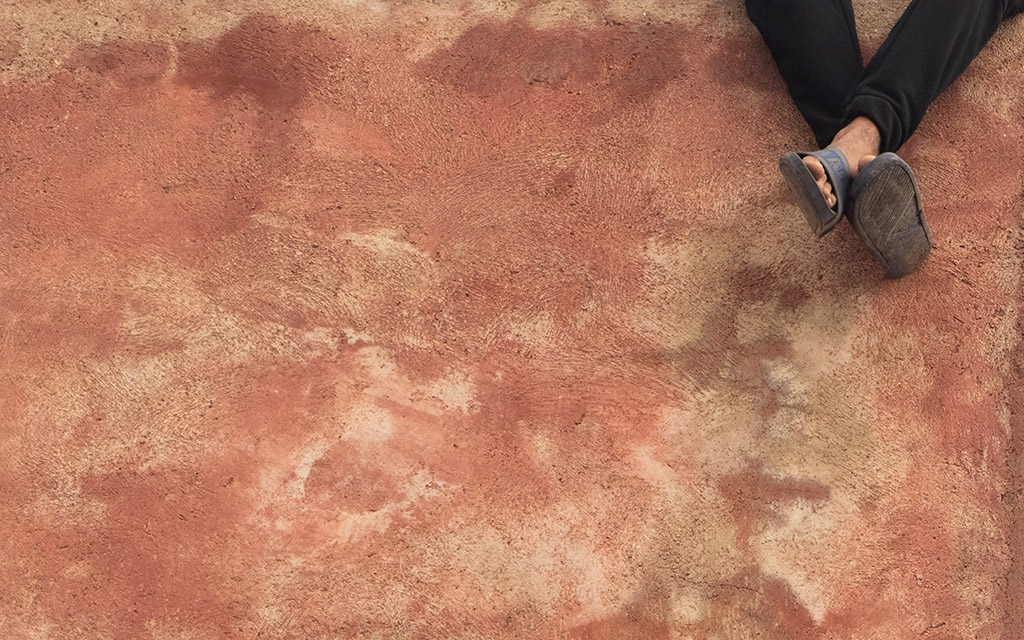
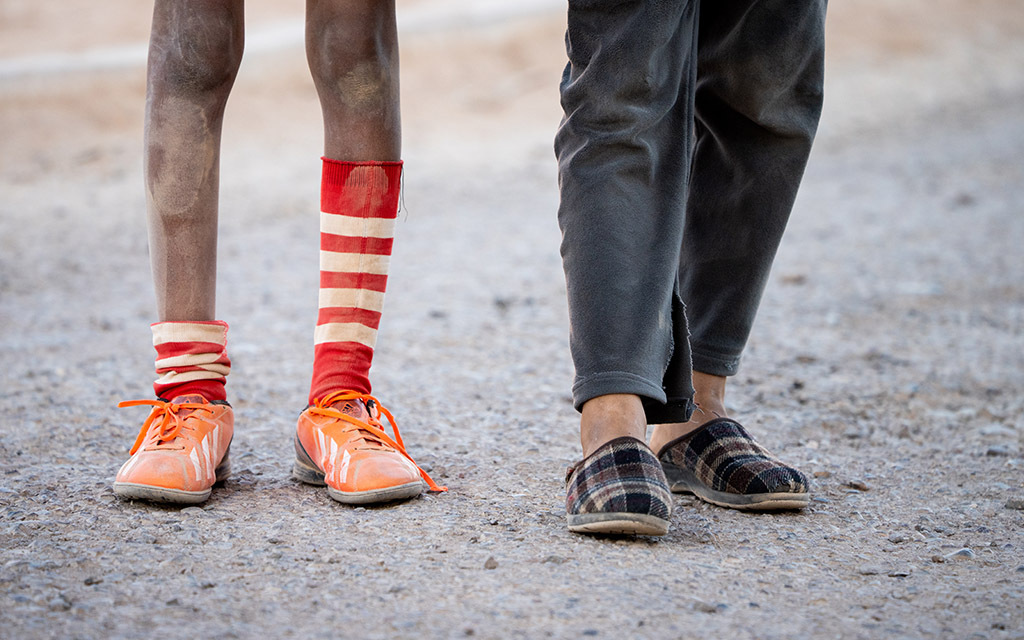
The shoes worn by Moroccans can offer insights into their socioeconomic status and societal roles. In rural areas, where agriculture is prevalent, sturdy leather sandals are a common sight, reflecting the practical needs of those working in the fields. In contrast, in urban centers, individuals may opt for more formal or fashionable footwear to convey professionalism or social standing.
Cultural Significance in Special Occasions
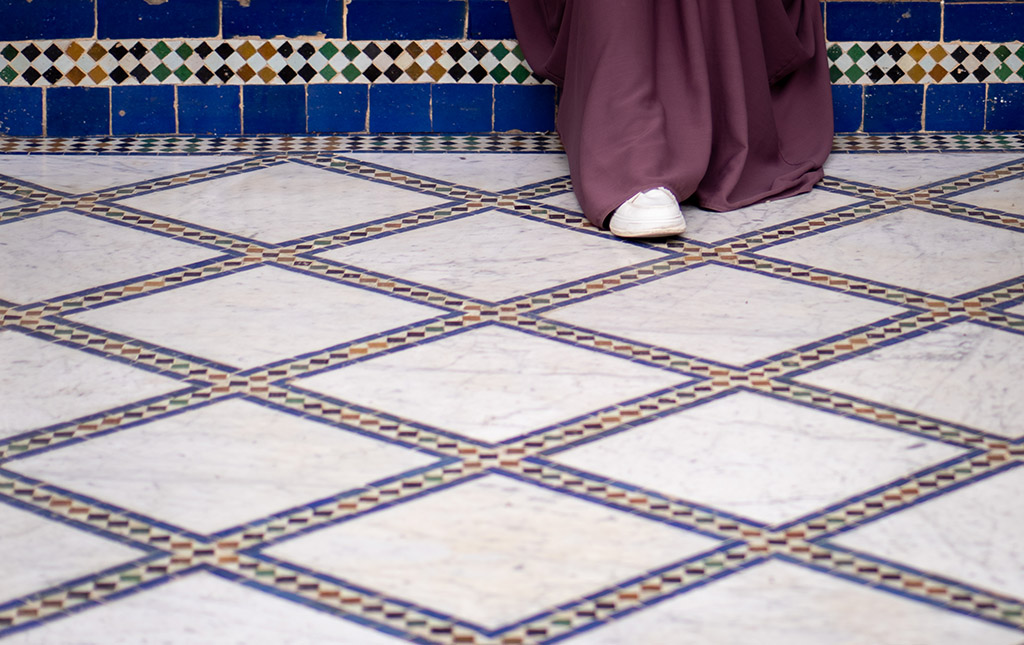
On special occasions such as weddings, religious festivals, and celebrations, footwear takes on added significance as a symbol of cultural identity and tradition. Traditional Moroccan weddings, for example, often feature elaborate ceremonies where the bride and groom may wear intricately embroidered shoes adorned with symbols of luck and prosperity. Similarly, during religious festivals such as Eid al-Fitr, families may purchase new shoes as part of the celebration, symbolizing renewal and blessings.
Embracing Diversity and Individuality
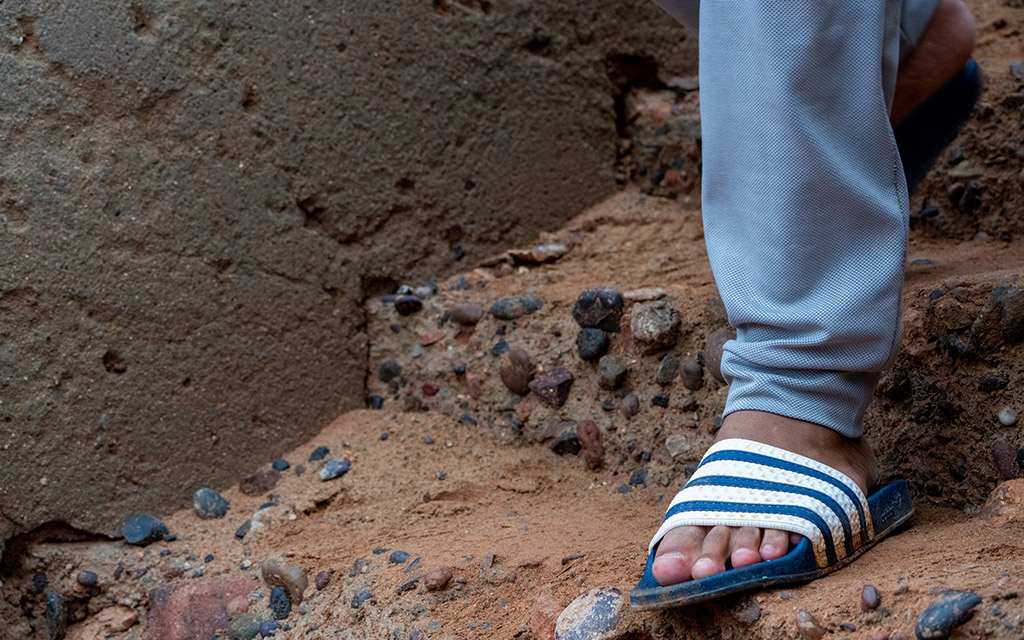
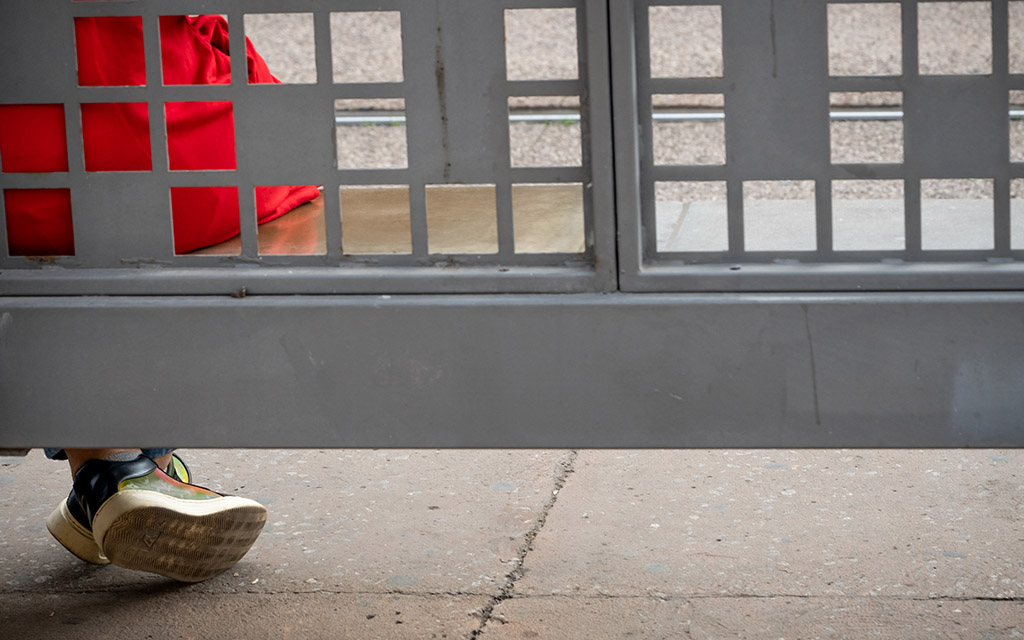
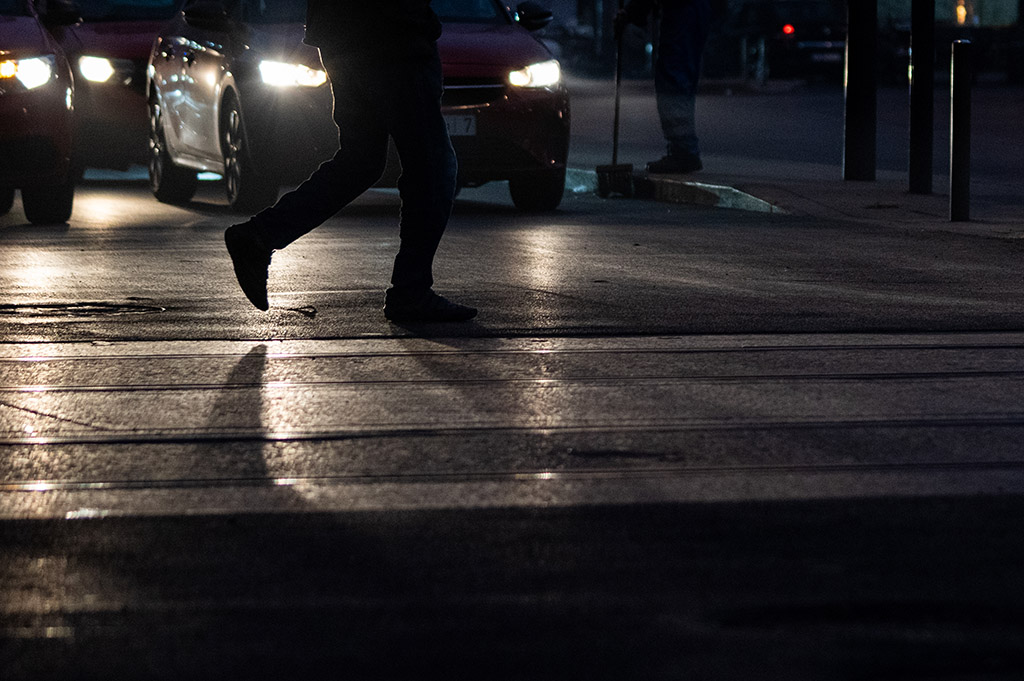
In today’s multicultural Morocco, the diversity of footwear reflects the country’s openness to global influences and its celebration of cultural diversity. While traditional Moroccan shoes remain cherished symbols of heritage, Moroccans also embrace a wide range of international brands and styles, from Nike sneakers to Italian leather boots. This embrace of diversity underscores Morocco’s position as a crossroads of cultures, where traditions old and new coexist and intertwine.
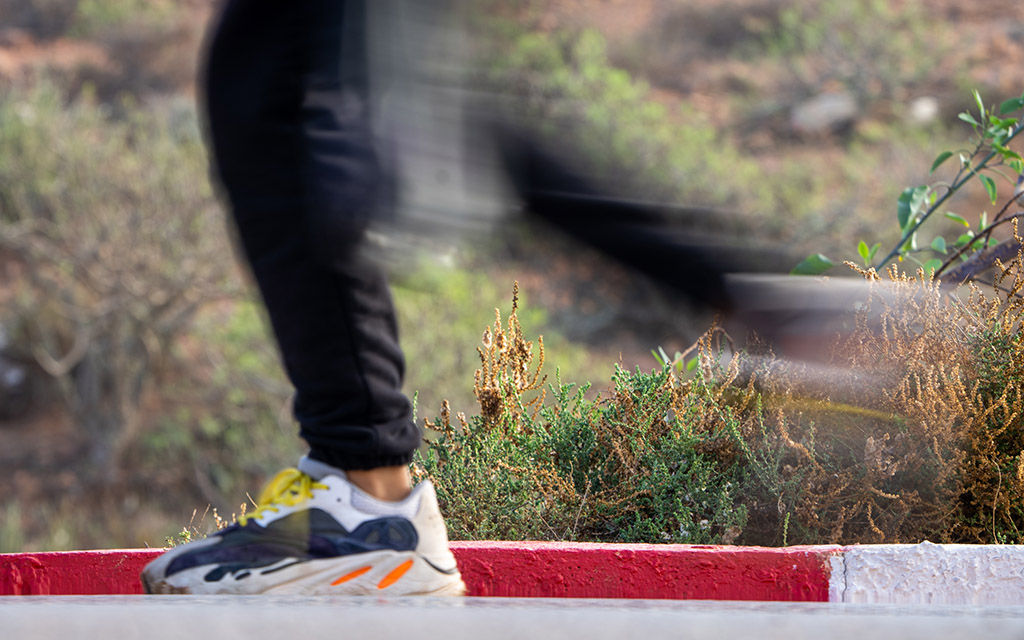
In essence, the shoes worn by Moroccans are more than just articles of clothing; they are tangible expressions of identity, culture, and societal norms. Whether traditional babouches crafted by skilled artisans or modern sneakers influenced by global fashion, footwear in Morocco tells a story of heritage, diversity, and individuality, bridging the past with the present and embracing the rich tapestry of Moroccan society.
read more about Morocco photo tours: https://morocco-phototours.com
external link of the article: https://penzu.com/p/049a5271b45541a1
If you would like to take beautiful photos:
